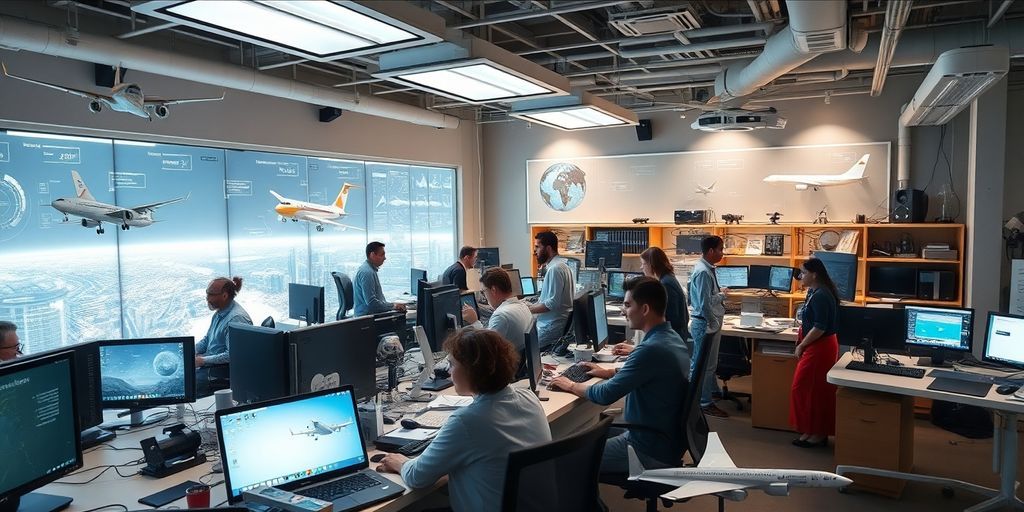Germany is set to establish a new high-tech ministry dedicated to research, technology, and aerospace, as outlined in a coalition agreement by the incoming government. This significant move aims to enhance the country’s scientific capabilities and streamline its research efforts, marking a pivotal shift in its approach to innovation.
Key Takeaways
- A new ministry for research, technology, and aerospace will be created, separating these areas from education.
- The CSU will lead the new ministry, with Dorothee Bär expected to be appointed as minister.
- The government plans to focus on artificial intelligence, quantum technologies, and fusion energy, among other priorities.
- A program called "1000 Minds" will be launched to attract international talent to Germany.
- The agreement emphasizes the importance of science-driven funding decisions and safeguarding scientific data.
New Ministry Structure
The coalition agreement, finalized after extensive negotiations among the center-right Christian Democrats (CDU), the Christian Social Union (CSU), and the center-left Social Democrats, proposes a significant restructuring of Germany’s research landscape. The current Ministry of Research and Education will be divided, with the new ministry focusing solely on research, technology, and aerospace. This is the first such reorganization in three decades, reflecting a modern approach to scientific governance.
Leadership and Responsibilities
The CSU will oversee the new ministry, with party leader Markus Söder highlighting its importance in a recent press conference. While no official minister has been named yet, Dorothee Bär, who previously managed digital infrastructure, is a strong candidate for the role. This leadership change is expected to foster a more integrated approach to technology and research, aligning with European Union standards.
Strategic Scientific Priorities
The coalition agreement outlines several key areas of focus for the new ministry:
- Artificial Intelligence: Enhancing Germany’s capabilities in AI research and application.
- Quantum Technologies: Investing in cutting-edge quantum research to maintain a competitive edge.
- Biotechnology: Supporting advancements in health and agricultural biotechnology.
- Microchip Development: Addressing the global semiconductor shortage through domestic production.
- Fusion Energy: Aiming to establish the world’s first operational fusion reactor in Germany.
Additionally, the agreement emphasizes personalized medicine, oceans research, and sustainability as strategic areas for development.
Funding and Scientific Freedom
While the agreement does not specify budget allocations for these initiatives, it commits to increasing the budgets of major research organizations by 3% annually through 2030. The document also stresses the importance of science-driven funding decisions, aiming to protect scientific integrity amid global political shifts that threaten research funding in various fields.
Attracting International Talent
To bolster its research capabilities, the new government plans to implement the "1000 Minds" program, designed to attract international talent to Germany. This initiative aims to simplify the hiring process for foreign researchers, ensuring that Germany remains a competitive destination for top scientific minds.
Military and Defense Research
In a notable shift, the coalition agreement acknowledges the role of science in enhancing Germany’s military and defense capabilities. The government intends to expand research in peace and conflict studies and facilitate collaboration between public institutions, private companies, and the military. This approach marks a significant change in Germany’s historical stance on military research, indicating a need for a new alignment between defense and research policies.
Germany’s establishment of a high-tech ministry represents a bold step towards fostering innovation and scientific advancement, positioning the country as a leader in research and technology on the global stage.











